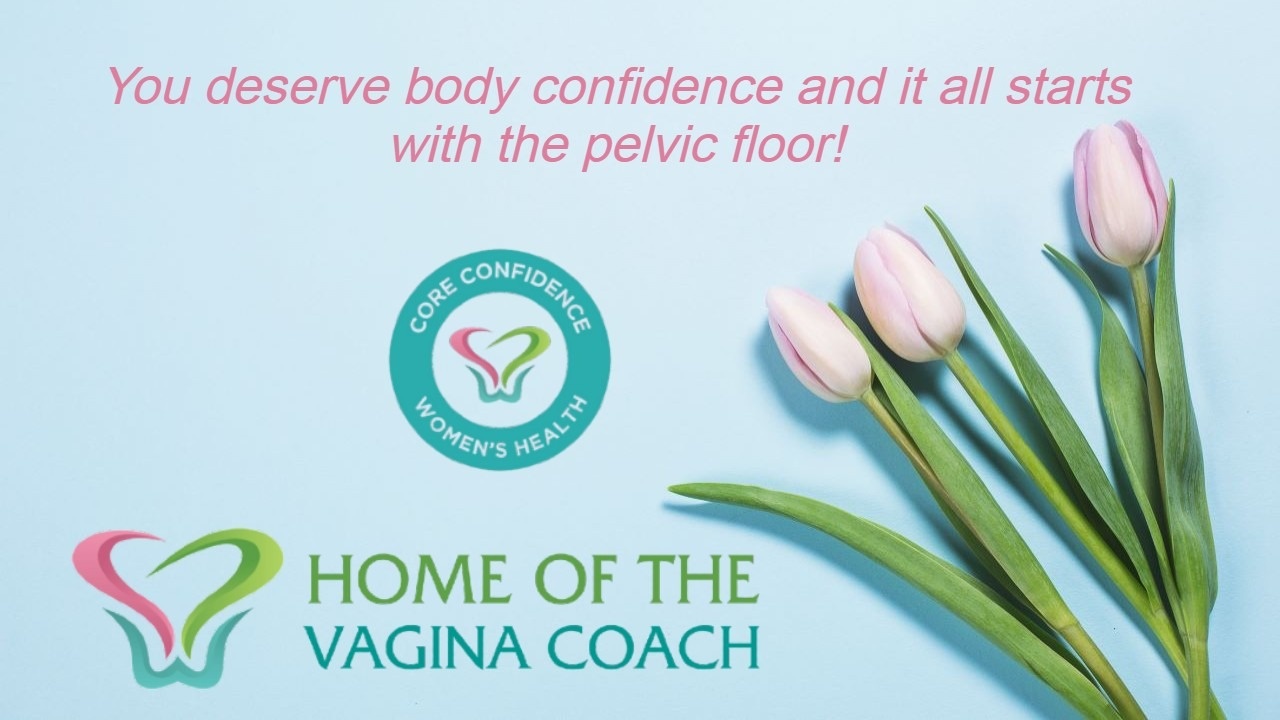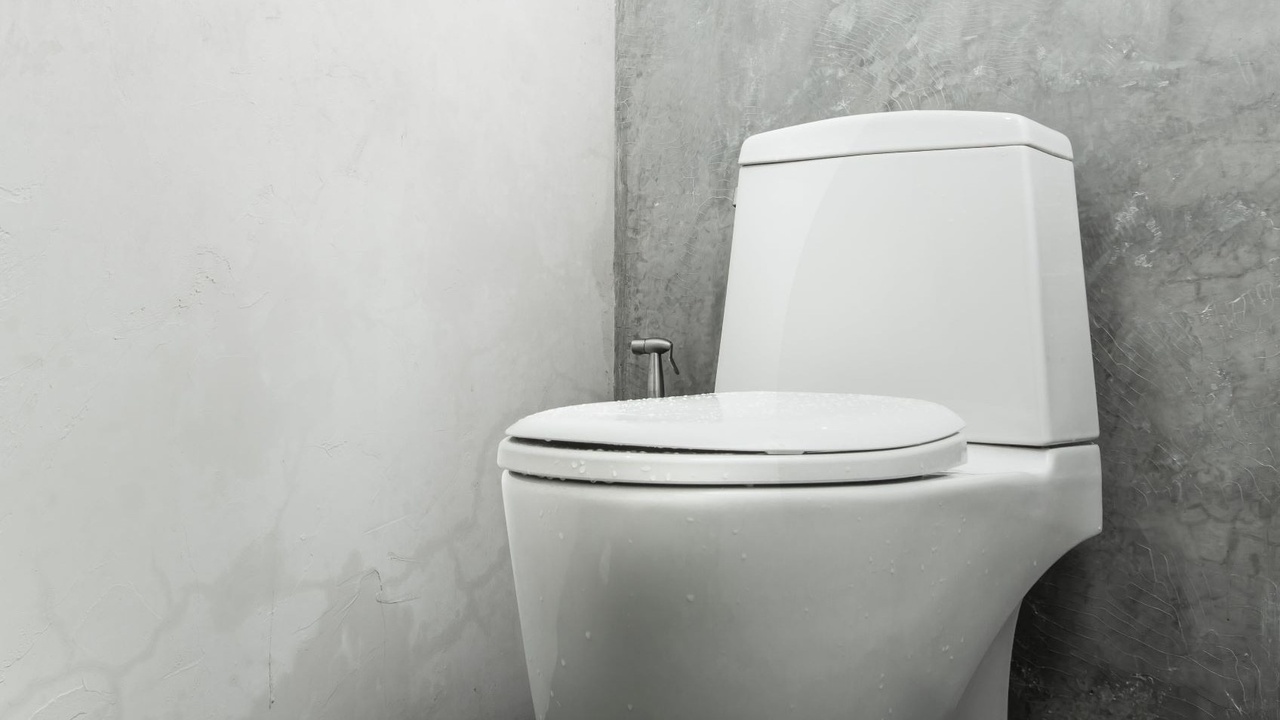Incontinence, chronic back pain, and organ prolapse are common challenges for women, but they are not something you need to live with or accept as normal.
As women, we want to prioritize our pelvic health and not accept common challenges like incontinence and prolapse or painful and unsatisfying se...
Whether you are experiencing pelvic floor symptoms or not or don’t know what these symptoms would feel like, it's never too late to learn about YOUR body.
Pelvic health is an important topic for EVERYONE, not just women who are pregnant and postpartum.
Improving women's awareness of pelvic floor h...
We are talking about Pelvic Organ Prolapse.
Research indicates that up to 50% of women have some degree of Pelvic Organ Prolapse.
“Pelvic Organ Prolapse has been on medical record for nearly 4000 years, dating back to the Kahun Gynaecologic Papyrus circa 1835 B.C., yet remains shrouded in stigmati...
Photo by Pexels
There are hot flashes and memory issues. Your sleep quality declines and your mood… who KNOWS what that’s gonna do….and then there’s your s-e-x life!
Let’s be blunt: Menopause kinda sucks.
If you are over 40 and were born with a uterus. This is essential information.
The menopaus...
Your core is probably the most impacted part of your body during pregnancy, birth and postpartum. Yet, it gets little to no attention.
Most people think of the core as being the six-pack and the low back; they are correct, to an extent, but let’s look a little bit deeper than that.
The Component...
Many women are afraid to exercise when they have a prolapse. Truth be told, movement is essential, and NOT moving is worse for prolapse than exercise.
Exercising with prolapse is all about ensuring a good pelvic floor and core engagement without breath-holding.
These exercises are really good for ...
Did you know that abdominal exercises and inner thigh exercises can help with overall pelvic floor function?
Did you also know that if you combine them WITH Kegels, it packs even more of a punch!
This study evaluated the electrical activities of the pelvic floor muscles in response to selected abd...
Photo by Patchanu Noree from Burst
Incontinence is any unwanted loss of urine at any time and any amount. So, if you are not sitting on the toilet, wanting to go pee and urine comes out of you, that would be termed "incontinence."
Urine is stored in the bladder, and our bladder signals our brain ...
Photo by Thirdman on Pexels
Hysterectomies are typically performed to treat cancer, chronic pain, or heavy bleeding that has not been controlled with less invasive methods.
Depending on your condition, your surgeon will remove some or all of your uterus and possibly additional parts of your repro...
Image by Sammy-Sander from Pixabay
If you have been diagnosed with a condition that requires a hysterectomy, you likely have a lot of questions about the procedure, your recovery, and your long-term health.
Hysterectomy is major surgery so in this article we look at the reasons for proceeding wit...












